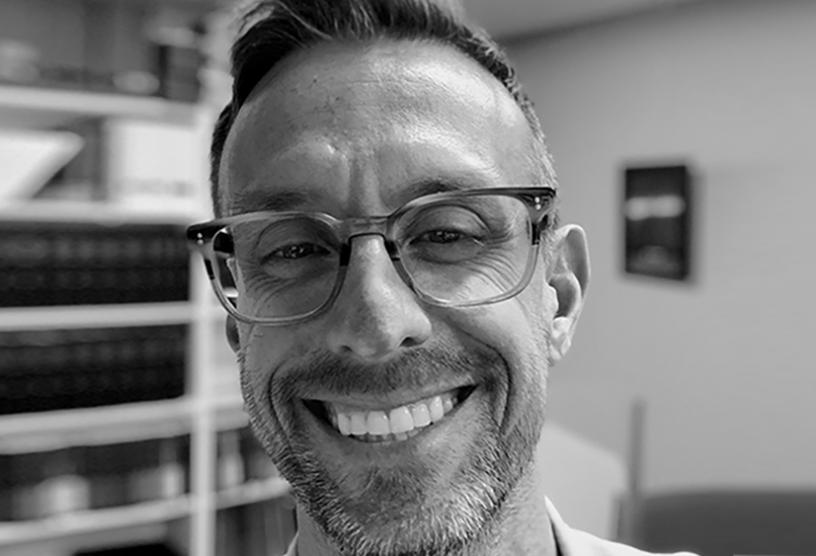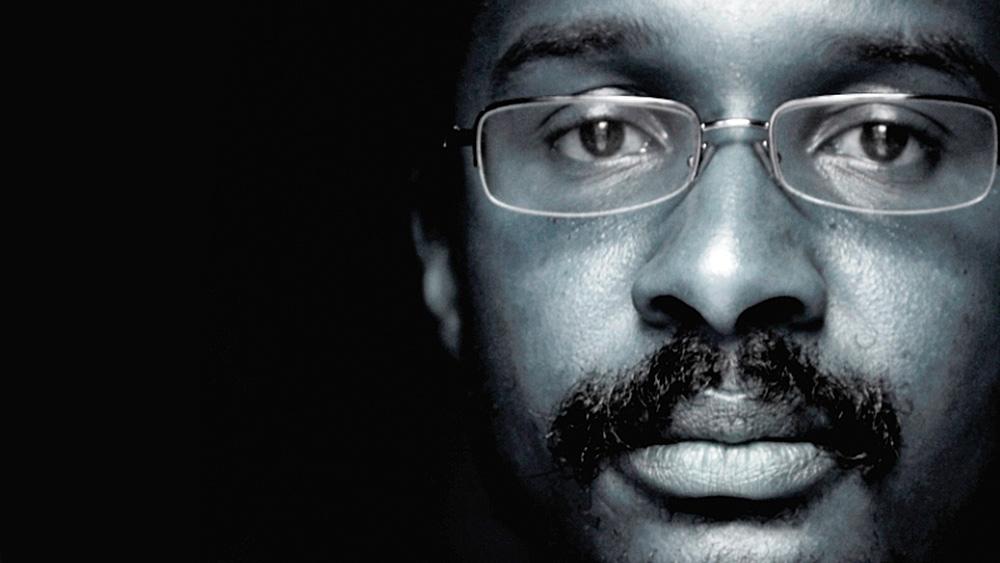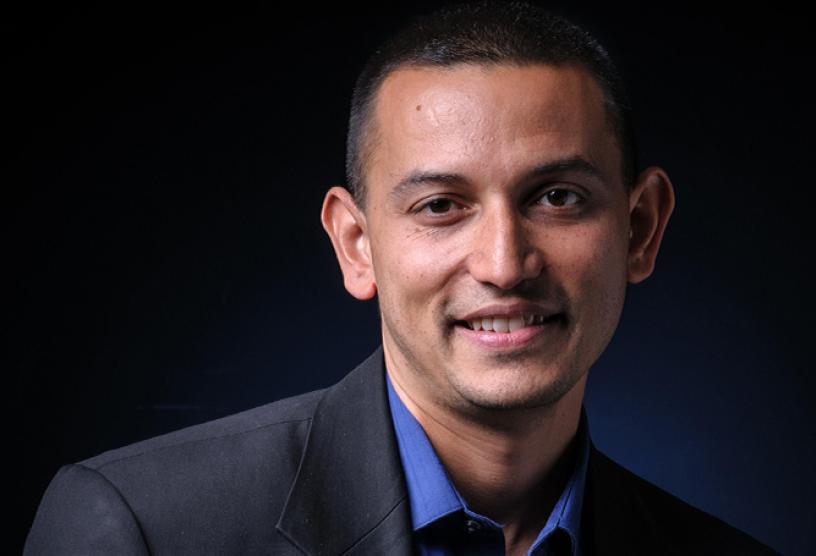
The Spiritual Resources That Sustain Us

We know that formal religious membership, or participation in religious organizations, has historically been an important path to civic participation. In organized religion, people commonly develop skills and acquire special kinds of knowledge that facilitate their participation in broader public life. What then happens with people who identify as “spiritual but not religious” or as religious “nones”? We must not assume that they are unengaged civically—rather, we should use research to find the ways that spirituality motivates civic engagement apart from religious affiliation.
In this study, the most interesting and surprising finding for me was that many focus group participants came into the conversation not having an understanding of the connection between spirituality and their own civic life, but formed such an understanding as a result of being in conversation with others about these things. They discovered, in dialogue, the way that their civic engagements were motivated and informed by spiritual dispositions. This illustrates that the connection between spirituality and public life is not necessarily obvious, even to people who understand themselves as both spiritually and civically involved. That connection sometimes is drawn in dialogue with others who identify the same way.
I am reminded of the role of spirituality in the Civil Rights movement of the 1950s and '60s. The Civil Rights movement was deeply rooted in the Black churches, but the connection between spirituality and this remarkable public activism was not obvious to all participants. Before starting a campaign of civil disobedience, the spiritual connection was deliberately and explicitly drawn through a process that Dr. Martin Luther King, Jr. called “purification.” In purification workshops, protesters engaged in collective soul searching about their deepest motivations and capacities. What spiritual resources could they draw upon to build the courage to lay their bodies down and face the specter of police violence and likely incarceration? What spiritual resources could sustain their disciplined nonviolence? Purification workshops gave protesters the opportunity to make the connection between their spirituality and their public activism.
This Expert Insight is from Omar M. McRoberts, Ph.D. , Associate Professor of Sociology, The University of Chicago.

